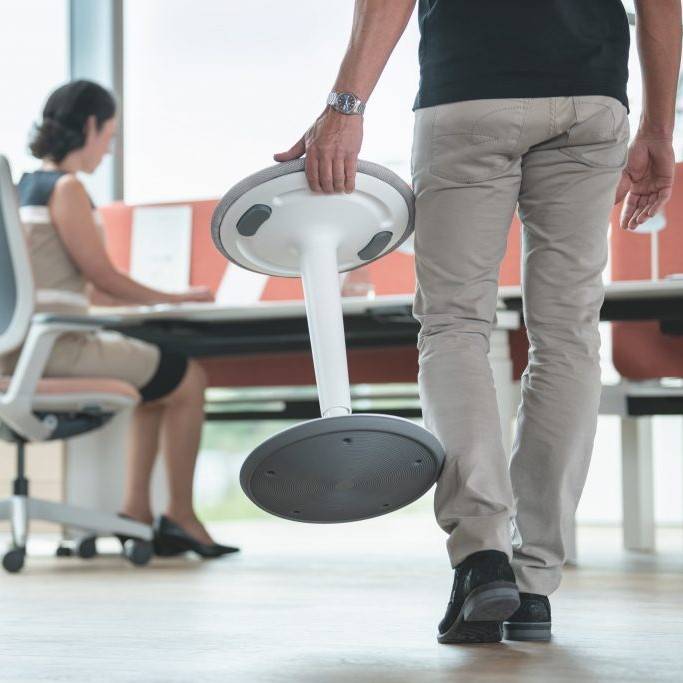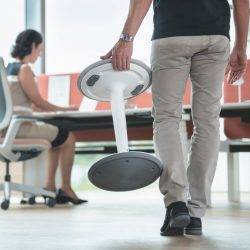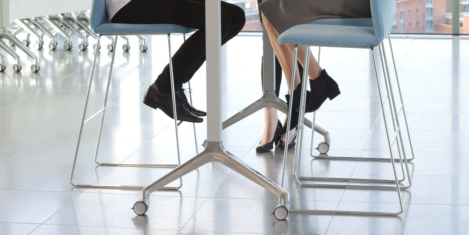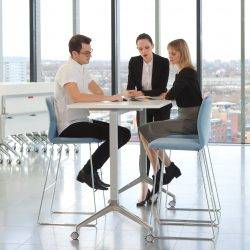October 29, 2019
Slow progress with BYOD threatens smarter working in public sector
 Large parts of the public sector have yet to authorise the use of Bring Your Own Device policies in their organisation, according to new research commissioned by Kyocera Document Solutions UK. A survey of staff across the public sector found that 38 per cent of respondents said that their organisations’ current use of BYOD is unauthorised. The findings provide further evidence of the pressures faced across the government sector to keep pace with the growth of remote and flexible working trends. Public sector organisations that continue to prohibit BYOD risk missing out on the benefits of smarter working, as well as driving staff to ‘shadow IT’, creating a whole host of serious cybersecurity risks. (more…)
Large parts of the public sector have yet to authorise the use of Bring Your Own Device policies in their organisation, according to new research commissioned by Kyocera Document Solutions UK. A survey of staff across the public sector found that 38 per cent of respondents said that their organisations’ current use of BYOD is unauthorised. The findings provide further evidence of the pressures faced across the government sector to keep pace with the growth of remote and flexible working trends. Public sector organisations that continue to prohibit BYOD risk missing out on the benefits of smarter working, as well as driving staff to ‘shadow IT’, creating a whole host of serious cybersecurity risks. (more…)





































October 28, 2019
A synaesthetic approach to office design
by Ian Poupart • Comment, Workplace design